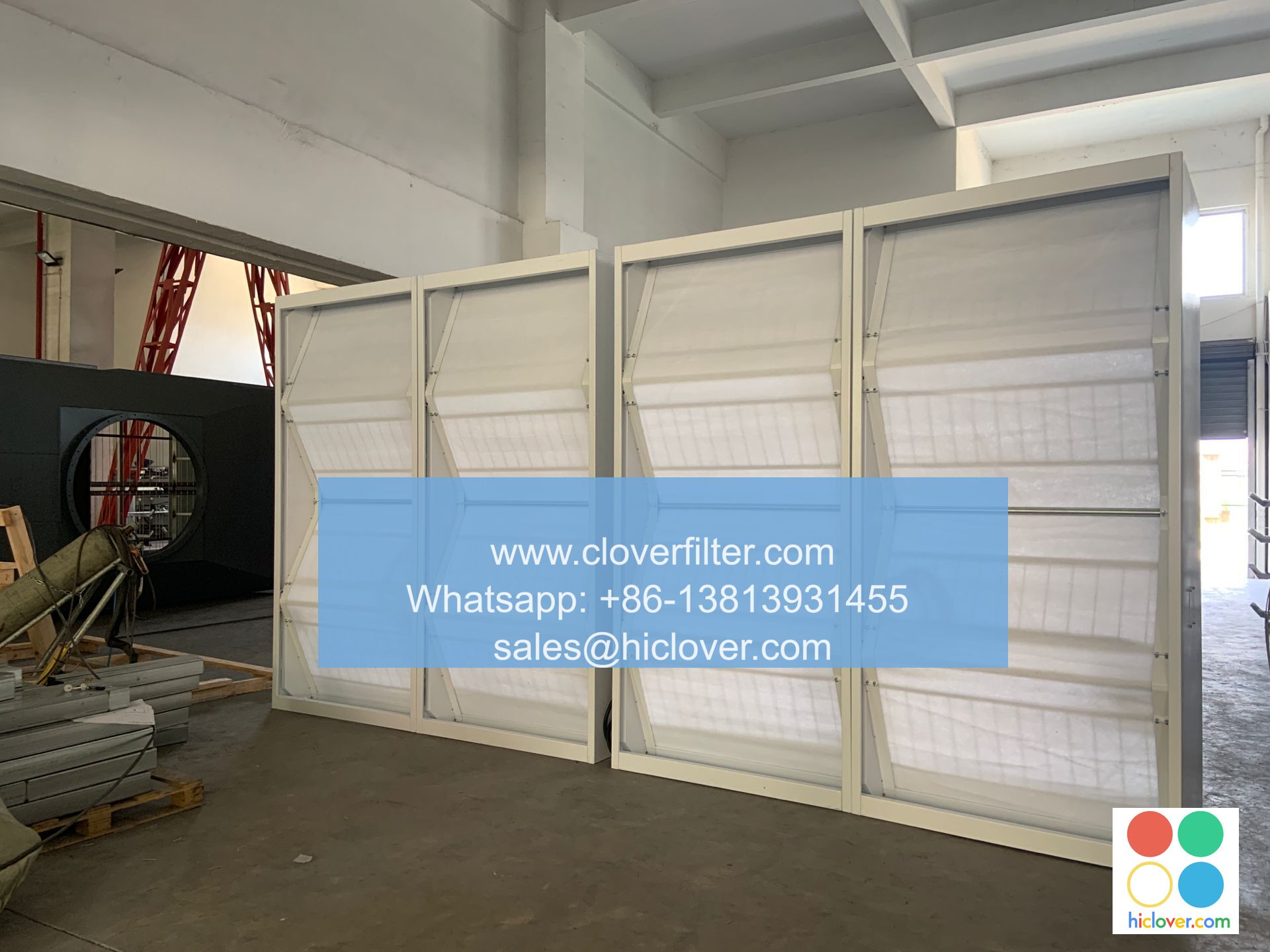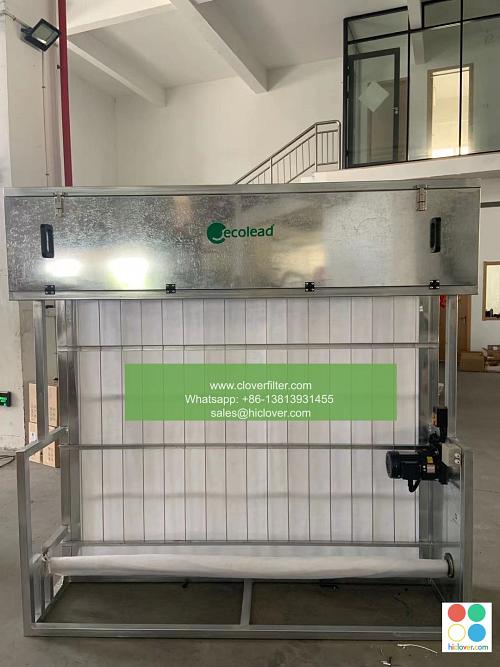Best Practices for Specifying Air Filter Systems in Medical Facilities

Medical facilities require high-quality air filter systems to ensure the health and safety of patients, staff, and visitors. The air filter system plays a critical role in removing airborne contaminants, such as bacteria, viruses, and other microorganisms, that can spread infections and diseases. In this article, we will highlight various application areas and discuss the best practices for specifying air filter systems in medical facilities, including heating, ventilation, and air conditioning (HVAC) systems, ultra-low particulate air (ULPA) filters, and high-efficiency particulate air (HEPA) filters.
Importance of Air Filtration in Medical Facilities
Air filtration is crucial in medical facilities, particularly in operating rooms, intensive care units (ICUs), and patient rooms, where the risk of airborne infection transmission is high. A well-designed air filter system can help prevent the spread of diseases, such as tuberculosis, influenza, and severe acute respiratory syndrome (SARS). Moreover, air filtration systems can also help remove volatile organic compounds (VOCs), particulate matter (PM), and other airborne pollutants that can affect indoor air quality.
Key Considerations for Specifying Air Filter Systems
When specifying air filter systems for medical facilities, several key considerations must be taken into account, including:
- Airflow rates: The air filter system must be able to handle the required airflow rates to ensure adequate ventilation and filtration.
- Filter efficiency: The air filter system must be able to capture at least 99.97% of particles as small as 0.3 microns, as required by United States Pharmacopeia (USP) and International Organization for Standardization (ISO) standards.
- Filter lifespan: The air filter system must be designed to minimize maintenance and replacement costs, while ensuring optimal performance.
- System integration: The air filter system must be integrated with the existing HVAC system and other building systems to ensure seamless operation.
- Operating rooms: ULPA filters are typically used in operating rooms to provide a sterile environment for surgical procedures.
- Intensive care units (ICUs): HEPA filters are often used in ICUs to remove airborne contaminants and prevent the spread of infections.
- Patient rooms: Air filter systems with HEPA filters are used in patient rooms to provide a clean and healthy environment for patients.
- Pharmacies: Air filter systems with HEPA filters are used in pharmacies to prevent contamination and ensure the quality of pharmaceutical products.
- Laboratories: Air filter systems with ULPA filters are used in laboratories to provide a sterile environment for research and testing.
- Regular filter replacement: Filters must be replaced regularly to ensure optimal performance and prevent contamination.
- System monitoring: The air filter system must be monitored regularly to ensure proper operation and detect any issues.
- Cleaning and disinfection: The air filter system must be cleaned and disinfected regularly to prevent the growth of microorganisms.
- Training and education: Staff must be trained and educated on the proper maintenance and operation of air filter systems.
Application Areas for Air Filter Systems in Medical Facilities
Air filter systems are used in various application areas in medical facilities, including:
Best Practices for Maintaining Air Filter Systems
To ensure optimal performance and extend the lifespan of air filter systems, regular maintenance is essential. Best practices for maintaining air filter systems include:
Conclusion
In conclusion, specifying air filter systems for medical facilities requires careful consideration of various factors, including airflow rates, filter efficiency, filter lifespan, and system integration. By highlighting various application areas and following best practices for maintenance, medical facilities can ensure a clean and healthy environment for patients, staff, and visitors. The use of high-efficiency air filters, such as ULPA filters and HEPA filters, can help prevent the spread of airborne infections and diseases, and ensure compliance with regulatory standards and industry guidelines. It seems like you haven’t provided a specific question or topic for me to address. Could you please provide more details or clarify what you would like to discuss? I’m here to help with any questions or topics you’d like to explore.

